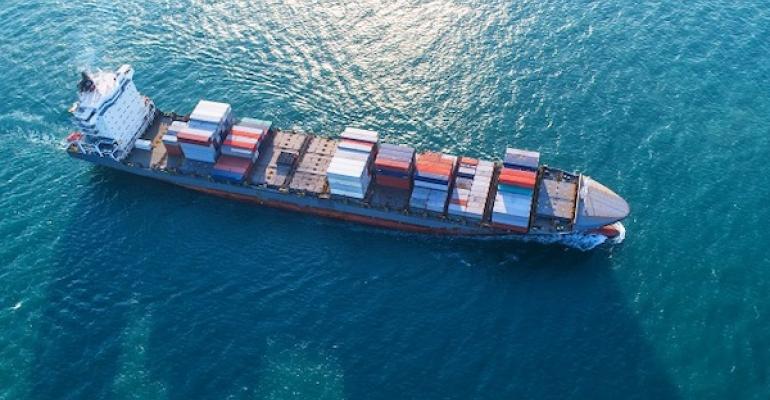Last week the EC announced that it would not renew the CBER saying that its review of the regulation showed it had been of limited effect.
“Given the small number and profile of consortia falling within the scope of the CBER, the CBER brings limited compliance cost savings to carriers and plays a secondary role in carriers' decision to co-operate. Furthermore, over the evaluation period, the CBER was no longer enabling smaller carriers to cooperate among each other and offer alternative services in competition with larger carriers.”
Linerlytica, however, argues: “The impact of the EU CBER expiry on 25 April 2024 on the liner shipping market has been overplayed by the carriers and their detractors. Of the 43 consortia that operated in the European Union in 2020, only 13 actually qualify for the block exemption while the remaining consortia exceed the 30% market share ceiling including each of the three global alliances (2M, OCEAN and THE Alliance).”
Carriers that operate in consortia outside of the CBER will still need to self-assess their consortia to be certain they comply with EU anti-trust regulations, said the consultancy.
Ending the CBER will strengthen the current alliances rather than weaken them with THE Alliance and Ocean Alliance even less likely to end before the 2027 contract ends, said Linerlytica, without explaining the reasoning behind this view.
However, the World Shipping Council (WSC)’s, president & CEO John Butler said: “The shift to general EU antitrust rules will create a period of uncertainty as carriers adjust to the new legal structure. Nevertheless, vessel sharing agreements will remain a fully legal and supported way for carriers to ensure efficient and sustainable transport for Europe.”
Other regulators in Asia and the US are expected to follow the EU lead on anti-trust regulations, though no announcement has so far been made.
Meanwhile, the end of the Golden Week holidays has seen a mini-bounce in rates for services on secondary routes, and a small increase on Asia to West Coast US ports too.
The Shanghai Container Freight Index showed the first rise since early August on services to Australia, the Middle East, Africa and Latin America, a 0.5% week-on-week increase, which is down more than 50% year-on-year.
Lower available capacity is said to be having an impact with 70 of 310,624 teu capacity now idle, while port congestion had affected 1.51m teu of capacity, 5.4% of the global fleet.
Rates on the Asia to Europe trade continued to slide, but according to Linerlytica the decline in capacity will improve the carriers’ chances of at least achieving a partial increase in rates during November.
Copyright © 2024. All rights reserved. Seatrade, a trading name of Informa Markets (UK) Limited.
Add Seatrade Maritime News to your Google News feed.  |

